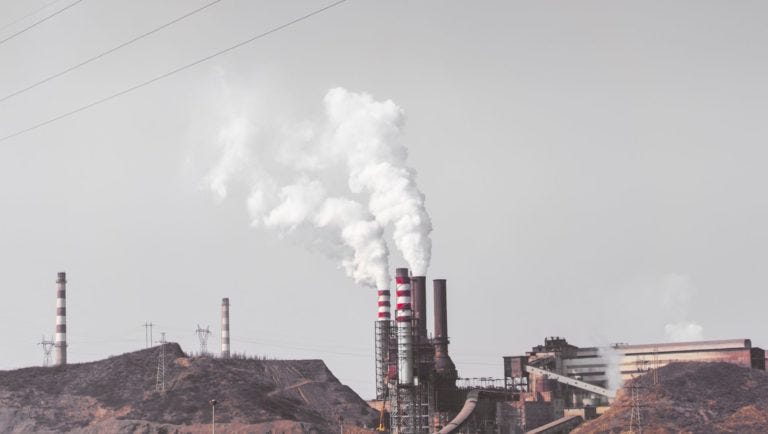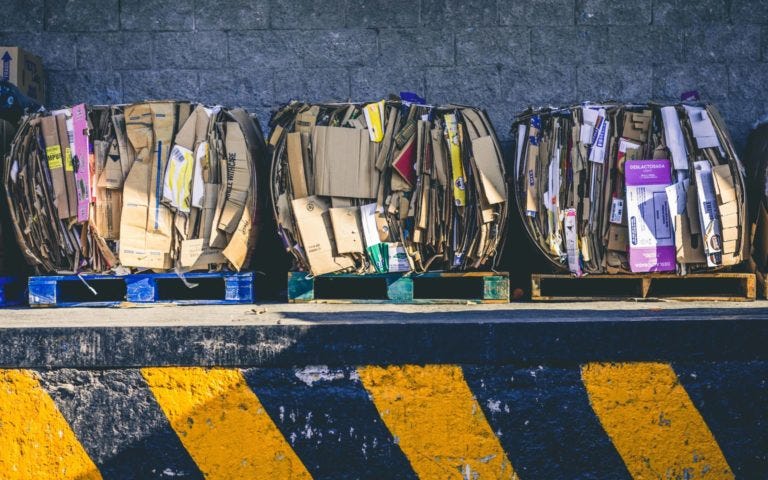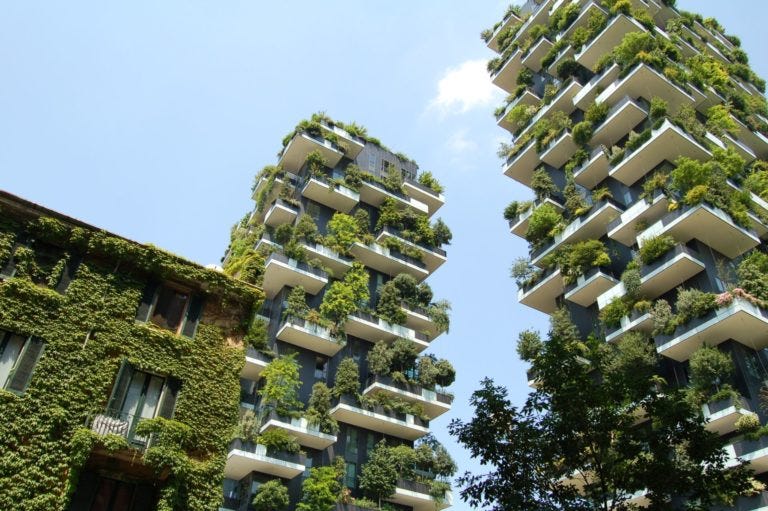Climate Crisis Reinforces Importance of Business Model That Incorporates Social and Environmental Concerns

By Julio César Aparicio
During the 20th century, as a continuation of the industrial revolution, the capacity to produce and consume increased as the linear economy emerged, where a product or service is purchased, used and thrown away.
At the same time, the world’s human population multiplied and the needs of humanity with it. All this caused an overexploitation of natural resources, such as coal and oil, that has generated environmental imbalances. For example, the higher consumption of fossil fuels has produced an increase in the production of CO2 and other greenhouse gases that contribute to global warming.
The linear model prioritized short-term economic profitability over environmental and social matters. It is a system that is proving itself unfeasible.

We must change the model or we will face unprecedented crises. Lack of food, lack of water, and rise in sea levels will cause uncontrolled migratory movements for people living in highly populated coastal areas.
The circular economy model takes into account environmental, social and economic matters.
As an alternative to the linear model, the circular economy is a system that seeks to minimize throwing away and change it by reusing and recycling. Ideally we would reuse everything, but that is utopian nowadays. The circular economy model takes into account environmental, social and economic matters.
Is your business looking for ideas on making a positive environmental impact? Check this free online report from B Lab that compiles articles and resources to help your business become a climate leader. Whether you work at a large company or an agency, get inspired to do more today.
The switch to this new system should come from everyone taking initiative. We should work to create an economic system similar to nature’s ecosystem, in which one person’s waste is someone else’s raw material. We should search for synergies constantly.
Governments have to push for this change. For example, the European Union has launched, within the circular economy directive, recycling targets for the next 16 years. This waste management policy has promoted a different hierarchy in which the first objective is to prevent the generation of waste, then reuse, recycle, heat value (the best known is incineration), and, as a last resort, deposit waste in a landfill.

Investment funds must be more responsible. For example, the sovereign fund of Norway no longer invests in oil companies or other entities that don’t consider environmental and social matters.
Companies have to achieve production in different ways, even change their business models. A good example is ecodesign, which uses reusable or recyclable products so they don’t end up in a landfill or in the sea. Ecodesign stands out in comparison to design approaches that only attempt to reduce costs.

Consumers should reward companies that promote sustainable models and sustainable products, as well as contribute with ideas to improve our habitats. That is our responsibility. For example, Oslo, Norway, is gathering ideas from citizens to move the city toward neutral environmental impact.
This necessary change from a linear to a circular economy means new opportunities. A clear example is the biorefinery, which is comprised of chemical companies that can grow or reinvent themselves by extracting value-added compounds from agro-food waste or urban solid waste instead of oil. There are plenty of initiatives to shift the business model toward shared use—paying for partial use rather than property—with cars, fashion and other items.
We are facing a huge challenge to change the consumption model. We must include environmental and social concerns in our purchasing criteria and be more aware of the waste and emissions that we generate.
The transition from a linear to a circular economy is not simple, but it is necessary. We can do it in a progressive and preventive way or we will have to do it in a corrective and hard way, as happens with natural catastrophes (fires, floods, hurricanes, etc.) that are becoming frequent and more economically significant.
Julio César Aparicio is a co-founder of GreenBoxSpain and Recircula, and innovation director of ECONWARD. This article was originally published by Impakter.
B the Change gathers and shares the voices from within the movement of people using business as a force for good and the community of Certified B Corporations. The opinions expressed do not necessarily reflect those of the nonprofit B Lab.

Turning Toward a Circular Economy was originally published in B the Change on Medium, where people are continuing the conversation by highlighting and responding to this story.
Source: B the Change
